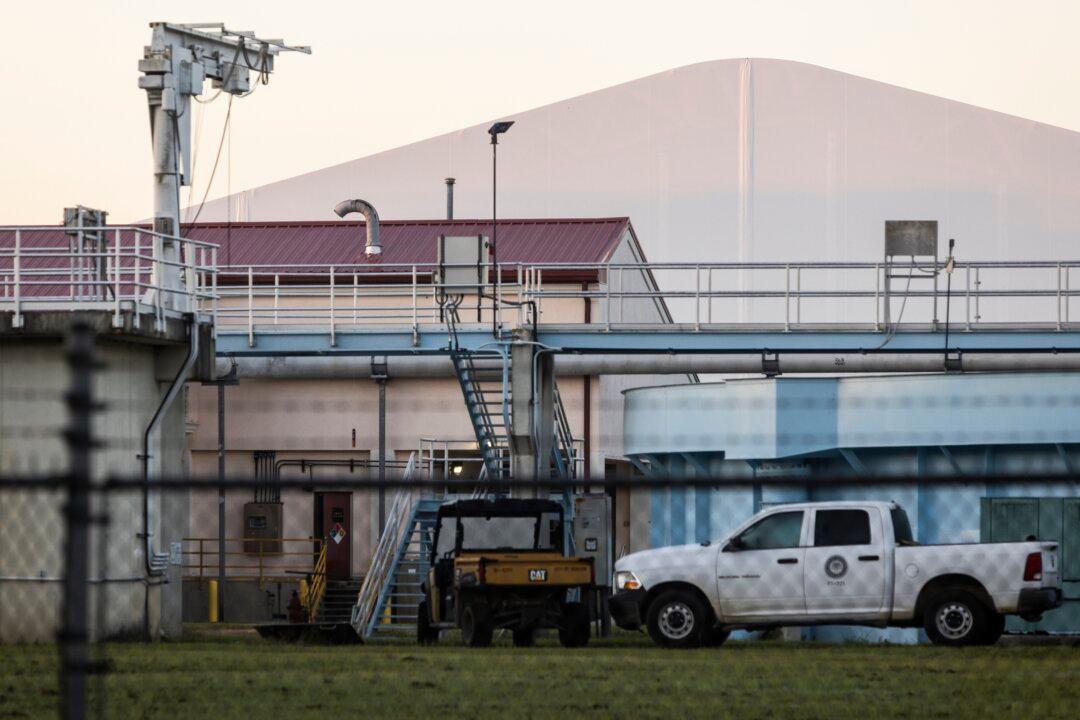Mississippi Gov. Tate Reeves, a Republican, has denied allegations by two Democrat members of Congress—Rep. Bennie Thompson (D-Miss.) and Rep. Carolyn Maloney (D-N.Y.)—that his administration withheld funds from Jackson, Mississippi, leading to the city’s water crisis.
In a Nov. 7 press release, Reeves highlighted his Oct. 31 response to Thompson and Maloney, countering that Jackson has received all funding requested, and even a disproportionate amount when compared with the other 1,100 water systems in the state.





